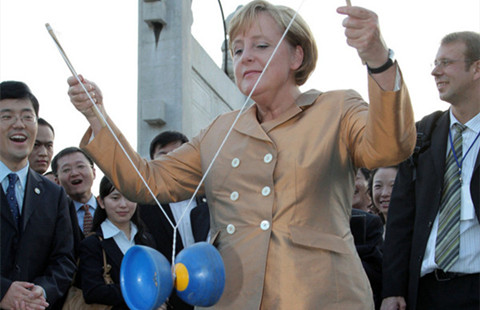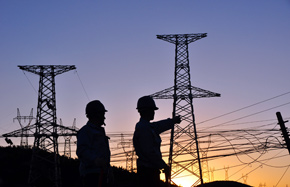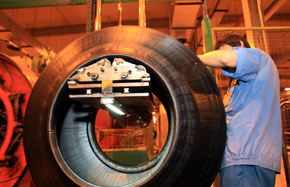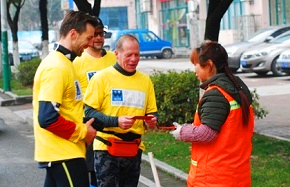EU confidence in China ties grows
By FU JING,JIANG XUEQING ( China Daily ) Updated: 2017-01-26 05:57:56
Xi's globalization and opening-up pledges at Davos called convincing
President Xi Jinping's commitment to globalization and opening-up at the recent World Economic Forum in Davos, Switzerland, has bolstered European officials' confidence in expanding economic ties with the country, said Hans Dietmar Schweisgut, the European Union's ambassador to China.
The Delegation of the European Union to China saw encouraging signs in the speech because it "sent a clear message that China will continue its process of opening-up", he said at a news conference in Beijing on Wednesday.
"A speech is a speech; actions are actions. But a speech by the president of China is a bit more than a normal speech, so we are very much confident that this will indeed lead to further opening-up," said Schweisgut. "Our hope is that we will see concrete progress in seeing this translated into real opening on the ground."
The EU is looking forward to China's further loosening of restrictions on market access and investment in sectors like automobiles, information and communication technology, banking and financial services, and utilities, Schweisgut said.
Ma Yu, a senior researcher at the Chinese Academy of International Trade and Economic Cooperation in Beijing, said: "China should further advance negative lists to better protect investment from the EU, as well as to give European companies the right to acquire or merge with domestic companies, instead of only building joint ventures."
A negative list says which economic activities are prohibited, while all others are considered to be allowed.
China attracted 813.2 billion yuan ($118.2 billion) in foreign direct investment last year, with investment from the EU surging by 41.3 percent, said the Ministry of Commerce.
"President Xi's speech in Davos focused not only on globalization but also on inclusive growth. This is an important concept, which we would also like to focus on more in Europe because open markets and trade have produced huge benefits worldwide," Schweisgut said.
There has been a globalization backlash in many parts of the world, however, he said. The EU needs to address the concerns of citizens who feel that they have been left behind, leading to rising inequality and insecurity among some, he added.
"But we do believe this should not go in the direction of protectionism,?... and we do believe in international cooperation and strengthening economic ties, especially with China," Schweisgut said.
China is the EU's second-largest trading partner, behind the United States, and the EU is China's biggest trading partner. In 2016, Sino-EU trade declined by 3.1 percent year-on-year to $547 billion.
"With President Trump now taking US trade policy in a protectionist direction, China as well as the EU need to defend their trading rights and the open economy," said Fredrik Erixon, director of the European Centre for International Political Economy in Brussels.
"The best way to do so is to push ahead with agreements that are significant and consequential, that are based on a positive agenda for trade."
Since 2013, China and the EU have been negotiating on a comprehensive agreement on investment. Once it enters into force, it will replace the existing bilateral investment treaties between China and EU member states.
"The next step will be to agree on the core provisions of the agreement and exchange offers. That we hope will happen in 2017," Schweisgut said.
Zhong Nan contributed to this story.
contact the writers at jiangxueqing@chinadaily.com.cn
|
|
|
|
|
|
|
|
Features
 Merkel's lighthearted moments in China
Merkel's lighthearted moments in China  British pub becomes tourist attraction after Xi's visit
British pub becomes tourist attraction after Xi's visit
European Weekly
 We will not give up search, Li vows
We will not give up search, Li vows
International hunt for missing airliner continues after fruitless six-day search




















